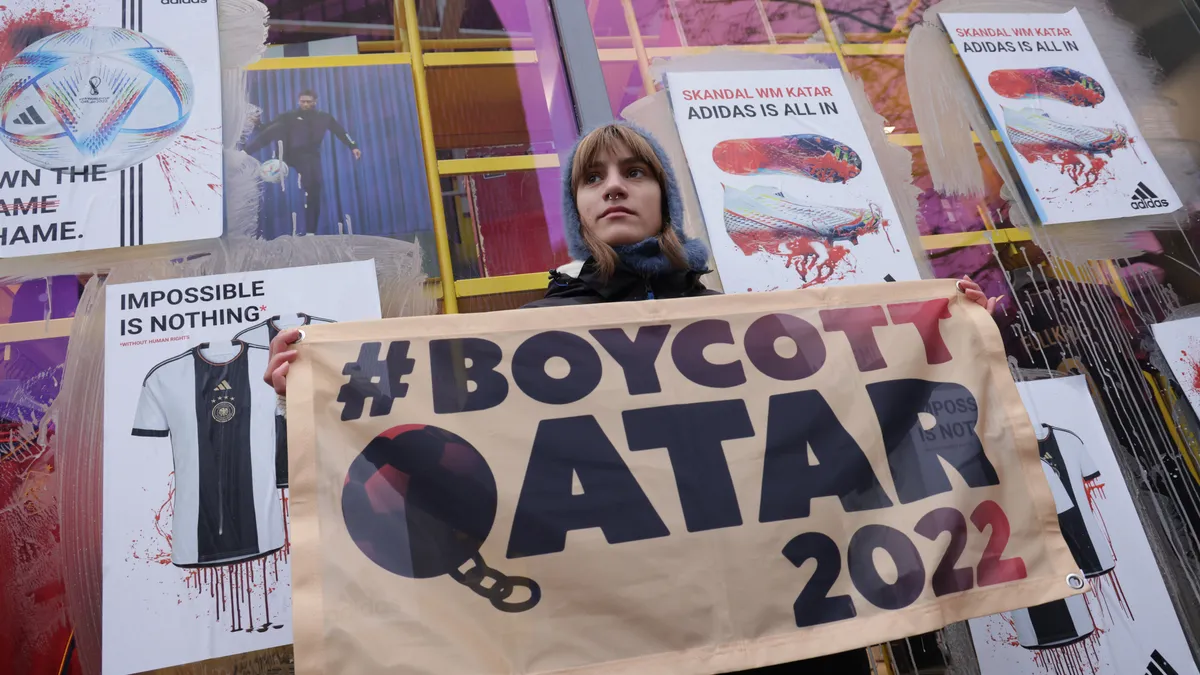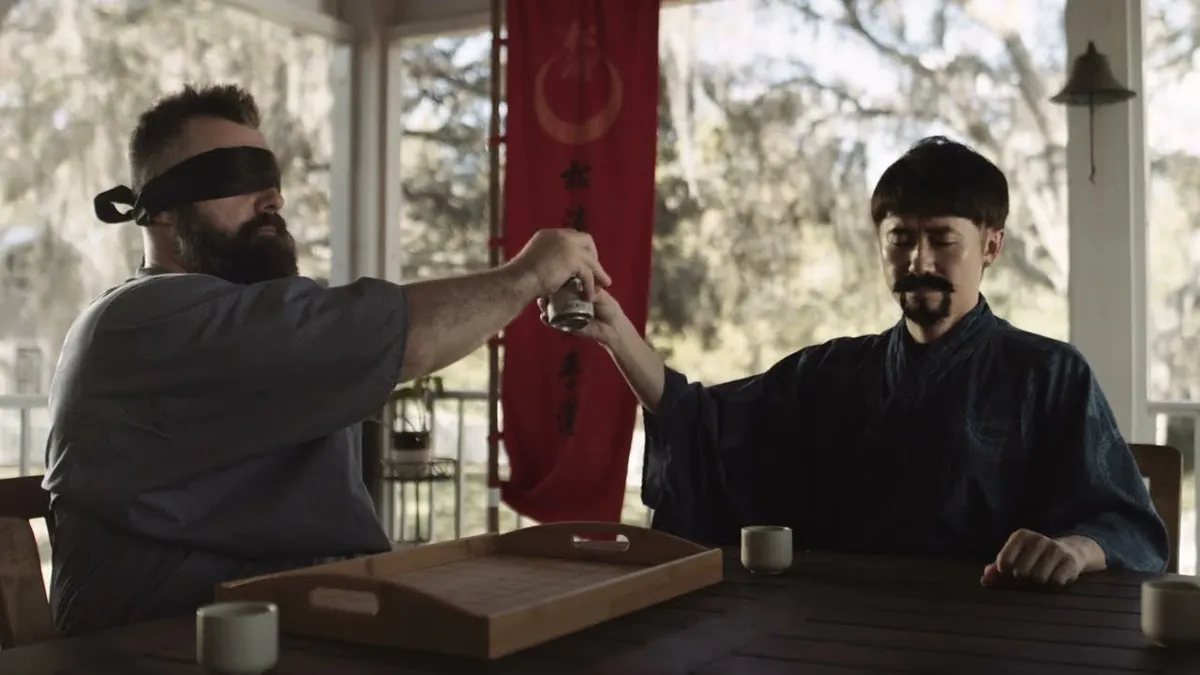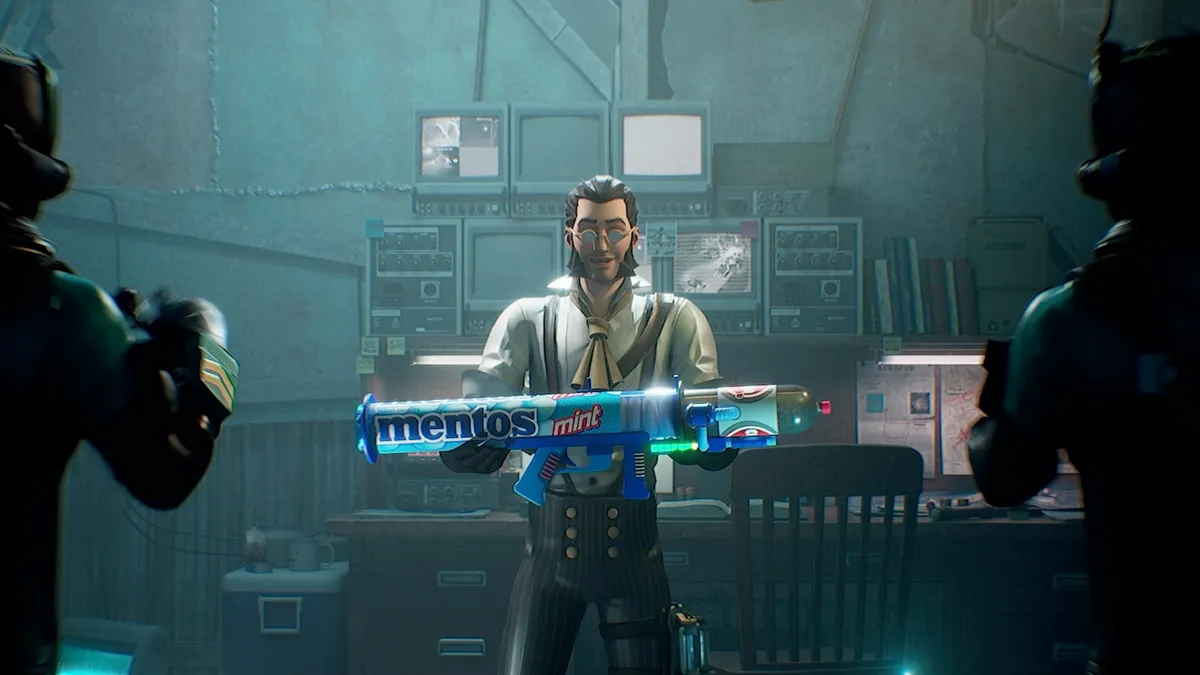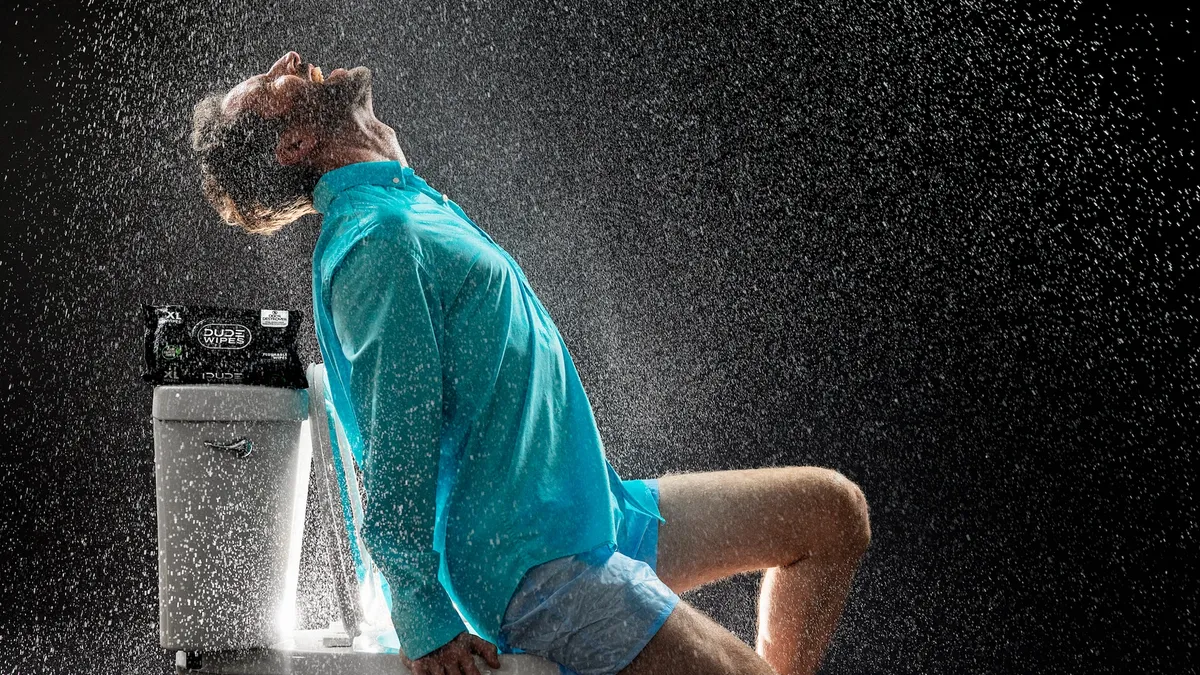For the FIFA World Cup this year, Budweiser rolled out one of the largest campaigns in its history. However, the championship was darkened by multiple controversies, from Qatar’s notorious heat and its human rights abuses to the exploitation of migrant labor. When a last-minute decision prevented Budweiser from selling beer in the stadium, there wasn’t enough time to switch gears on brand’s marketing approach other than to turn off the spigot.
Despite the protests and boycotts and other challenges related to this year’s World Cup, the event remains successful and continues to attract marketers. Budweiser parent Anheuser-Busch InBev plans on paying $170 million to sponsor the 2026 World Cup. One important takeaway, then, is that as politics continue to remain heated around the world — and consumers look for brands that reflect their values — the need to be prepared is only becoming more important.
“Brands that win lead, and leaders will need to develop a calculus on how to handle politically tricky situations,” said Douglas Brundage, CEO and founder of the creative agency Kingsland in an email to Marketing Dive. “As politics become increasingly entrenched in our purchasing decisions, brands will need to think long and hard about these issues, including within the US as specific states also begin to curtail rights, most glaringly abortion. This is likely just the beginning.”
Struggling to find balance
There is little else like the World Cup, a live championship tied to the most popular sport around the world. This year, quarterfinal matches broke viewing records for Fox Sports, with the France-England match drawing in 8.5 million viewers and the Argentina-Netherlands match drawing in 6.4 million viewers.
However, with the 2022 FIFA World Cup having been surrounded by controversy from the get-go, Qatar and FIFA are not the only ones feeling the pressure. Major advertisers with a penchant for marketing around big tentpole events are struggling with how best to respond in a heated political environment.
“They have been either ignoring the controversy or courting it,” Brundage said. “There’s not much balance to be found, because it’s hard to balance fun and sport with human rights abuses and autocracy. Adidas, Coke, McDonalds, Budweiser and Hyundai, for example, all proudly displayed a rainbow flag logo for Pride month and got less colorful real quick for the World Cup.”
For the World Cup, some brands have tried to emphasize togetherness and inclusivity as a way to address Qatar’s anti-LGBT policies. Budweiser’s World Cup hero ad, “The World Is Yours To Take” features people of many different ethnicities and backgrounds, including representation from the LGBT community. A rainbow pride flag is featured prominently in the video
In addition to the hero film, Budweiser recruited influencers from all over the world to watch the match in Qatar and create content. It rolled out a global scavenger hunt and hosted watch parties in various markets. Budweiser pulled out all the stops, both in Qatar and abroad.
Sportswashing
However, the reality of marketing during such events isn’t always cut and dry, especially since social media has increased awareness of any issues. There is even a word for it — sportswashing.
First coined by human rights campaigner Gulnara Akhundova in 2015, sportswashing is when a sporting event, such as the Olympics or the FIFA World Cup is used to conceal or distract from human rights abuses. Akhundova first used the term to describe the 2015 European Games, which were held in Azerbaijan. However, the concept of sportwashing goes back decades, such as when 1936 Summer Olympic Games were held in Nazi Germany.
“Brands face an equally significant ethical quandary when advertising in such a tenuous space,” said Julianna Kirschner, Ph.D, lecturer of communication management at the University of Southern California in an email to Marketing Dive.
Sometimes, participating in controversial events doesn’t work out, both in terms of public relations and logistically. After Budweiser reportedly paid $75 million for its World Cup sponsorship, the brand wasn’t able to sell alcoholic beer in the stadium. In a last minute decision, Qatar’s strict laws won out, and the exceptions the country planned on making before the tournament were reversed just two days prior to kickoff.
Budweiser, in an attempt to recoup some of the brand awareness it hoped to build, said it plans to host a celebration for the country that wins the World Cup using cases of beer that were meant to be sold during championship in Qatar.
With more lead time, Budweiser could have also used this year’s World Cup as an opportunity for a global marketing push for Budweiser Zero.
“Budweiser was ineffective in that the brand tried its best to keep quiet and just sell some beer, but that opportunity was taken away from them with little time to plan an alternative strategy,” said Kingsland’s Brundage.























